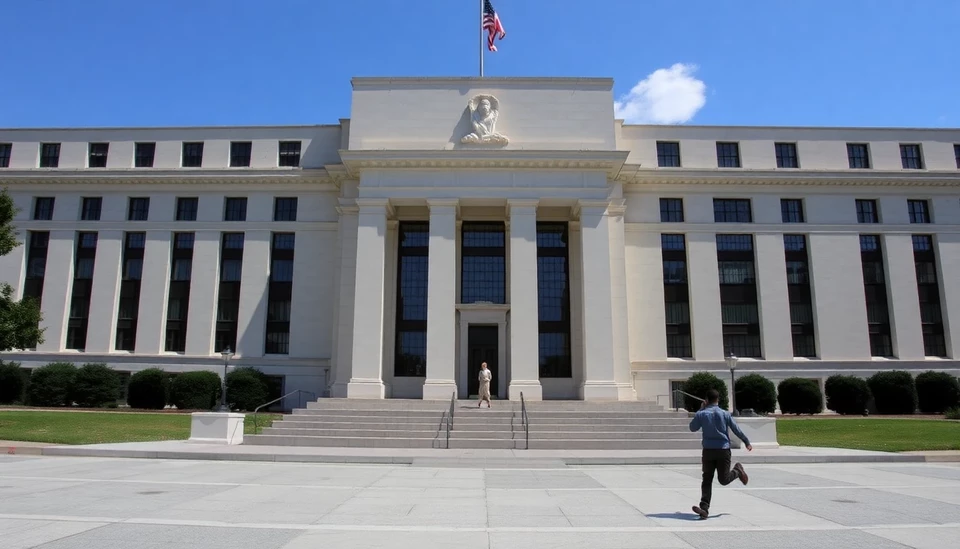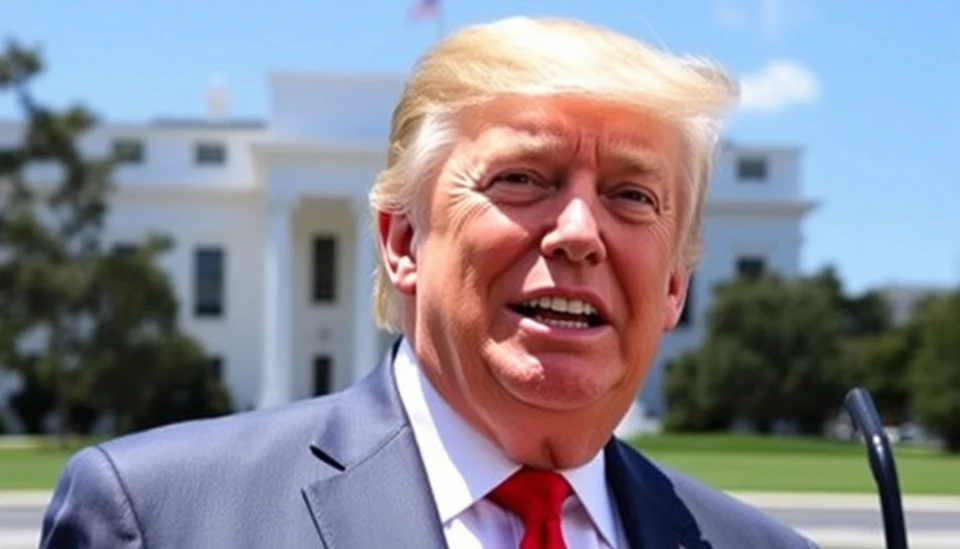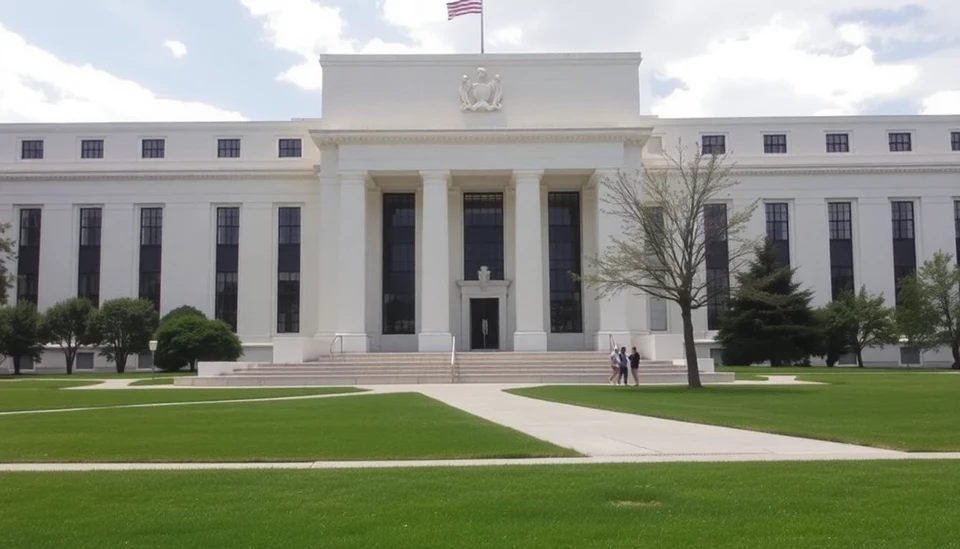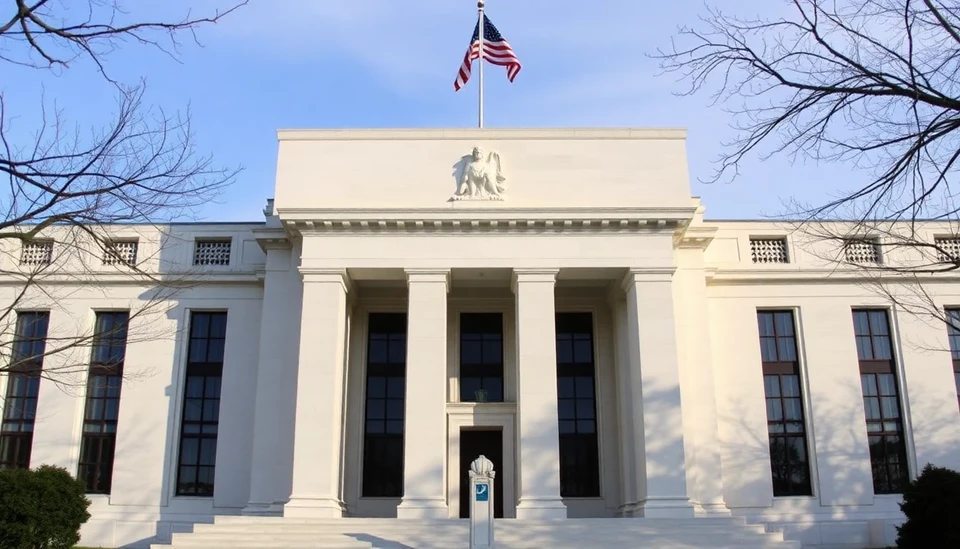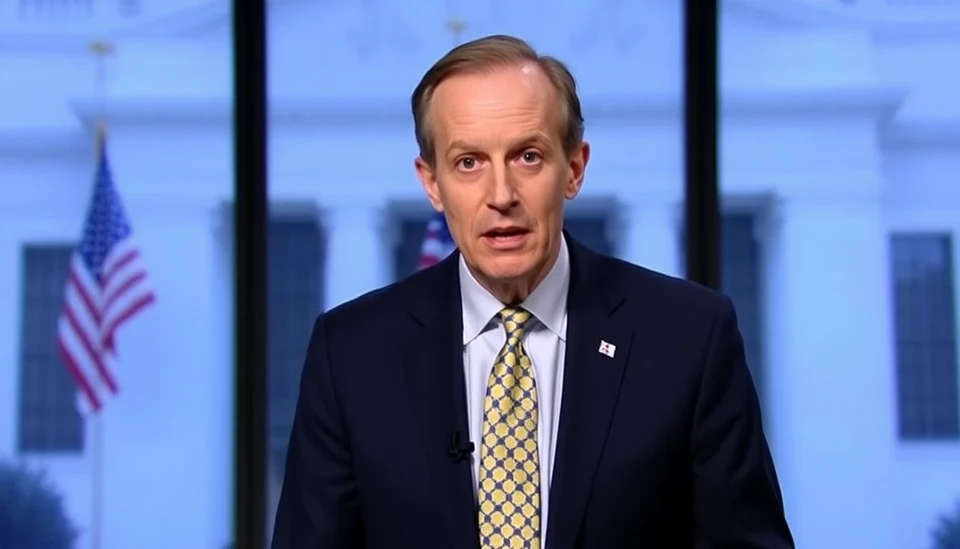
The impact of tariffs on inflation levels has been a controversial subject among economists and policymakers. Recently, Federal Reserve President Austan Goolsbee voiced concern over the tendency to overlook how tariffs contribute to rising prices. His comments come amidst ongoing debates about inflation control strategies and economic recovery following the pandemic.
Speaking at a recent conference, Goolsbee emphasized that tariffs can significantly affect consumer prices, particularly for goods imported from nations such as China. He pointed out that the imposition of tariffs often results in higher costs for American consumers, as businesses inevitably pass on these costs. Ignoring this aspect, he warned, could lead to misguided monetary policy decisions that might destabilize the economy further.
Goolsbee's remarks align with a growing chorus of voices advocating for a more nuanced understanding of inflationary pressures. He cautioned that policymakers may mistakenly attribute all inflation to factors such as supply chain disruptions or increased demand, while neglecting the important role tariffs play.
“If we don’t account for the effects of tariffs on prices, we may be misdiagnosing what’s happening in the economy,” Goolsbee stated. This perspective highlights a crucial consideration for the Federal Reserve as it seeks to balance interest rates and monetary policy to control inflation sustainably.
The Federal Reserve has been navigating a complex landscape in its inflation-fighting efforts, particularly as it tries to support economic recovery without letting inflation spiral out of control. Goolsbee's insights underline the complexities involved in addressing this issue, advocating for a thorough examination of all factors at play, including regulatory interventions like tariffs.
Overall, Goolsbee’s warning serves as a reminder of the intricate relationship between trade policies and inflation, suggesting that a more comprehensive approach to economic analysis is necessary for effective policy-making moving forward.
As the Fed continues to strategize on the path ahead amid ongoing global economic challenges, the critical conversation initiated by leaders like Goolsbee about tariffs and their broader economic implications is expected to persist in the coming months.
By placing tariff influences into the broader context of inflation discourse, Goolsbee aims to encourage meticulous policymaking that recognizes the multifaceted nature of economic dynamics.
#FederalReserve #AustanGoolsbee #TariffInflation #EconomicPolicy #InflationControl #MonetaryPolicy #EconomicRecovery
Author: Laura Mitchell
